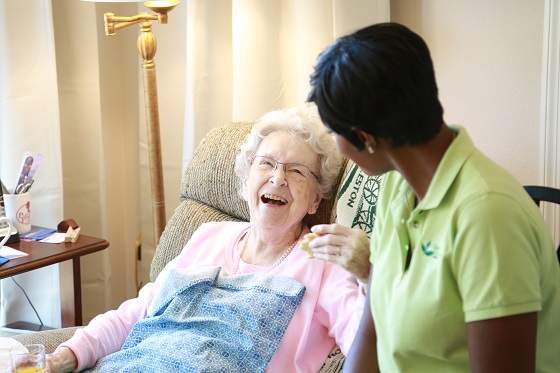“Sometimes asking for help is the most meaningful example of self-reliance.”— Unknown
If you are caring for a loved one, whether it’s an aging parent who needs help around the home or a family member with a disability, there may come a time when you – as the family caregiver – need an extra helping hand with personal and companion care.
Enlisting the help of non-medical home care and hiring a caregiver to deliver personal and companion care services can be the next step in providing respite and peace of mind for you. But home care can include such a wide range of services, it can be difficult to know which is truly needed and which is best for you and your loved one.
Does your loved one need general help around the house, such as grocery shopping and meal planning, or simple companionship? Or do they need more hands-on assistance like bathing and dressing?
In this piece, Choosing Personal and Companion Care for Loved Ones, our Co-Founder and CEO, Jeff Bevis, talks about the differences between personal and companion care and how to choose the right one. Jeff has been a family caregiver four different times in his life, and he has always been focused on improving the quality of life of others.
This article originally appeared on Forbes.com. Jeff is a regular contributor to the publication, offering advice, insight and often a glimpse into his personal experiences with home care, senior care and family caregiving.
At FirstLight Home Care, we provide non-medical in-home care that covers everything from household duties like cooking, cleaning, and laundry to individual needs such as bathing and hygiene and mobility assistance.
If you’re not sure where to start, give us a call so that we can learn more about your needs for personal and companion care services.
